
Nepal neither wants development like Tibet nor loans like BRI !
Nepal’s developmental needs differ significantly from Tibet’s. During a public event held in the capital, Kathmandu, on the sidelines of Prime Minister Pushpa Kamal Dahal Prachanda’s visit to China, Chinese Ambassador Chen Song unveiled the Chinese Communist Party’s (CPC) roadmap for Nepal. While the message was conveyed in a seemingly straightforward manner, Ambassador Chen Song’s statements provided insight into China’s intentions for Nepal.
Ambassador Chen Song not only highlighted the importance of Nepal strengthening its ties with China but also made controversial remarks concerning Nepal-India relations. Despite the absence of widespread opposition to his statements, Nepal’s Ministry of Foreign Affairs sought clarification from Ambassador Chen Song.
Understanding the issues raised by Ambassador Chen Song reveals that China has adopted a more flexible approach towards Nepal recently. It is crucial to acknowledge that China has developed interests in Nepal during this time.
China, traditionally cautious about establishing relations with other countries in the global market, has recently emphasized the need for comprehensive diplomatic, political, cultural, commercial, security, and military relations between Nepal and China at a central level. They are advocating for high-level meetings and promoting bilateral visits and interactions.
China’s approach includes pressuring Nepal to acquire loans through the Belt and Road Initiative (BRI) project. They are lobbying in favor of the BRI by deploying agents within Nepal and engaging political figures in various capacities. China believes its success in the economic field is partially attributed to U.S. subsidies, using this to underscore its global standing. This narrative, however, remains contentious.
Regardless of China’s global ambitions, its conduct in Tibet continues to be a source of global concern. Tibet enjoyed true freedom for about 40 years. However, following the victory of the Communist government in China in 1949, the situation in the Himalayan region underwent a transformation, marking the genesis of the ongoing dispute. On October 7, 1950, Mao Zedong’s army entered Tibet, eventually seizing control of the area outside the city of Changdu on October 19. In the face of China’s occupation and mounting pressure over nearly eight months, the Dalai Lama, Tibet’s religious leader, reluctantly signed the controversial 17-point agreement, officially ceding Tibet to China.
Tibet is often regarded as China’s resource-rich “storehouse.” It boasts a wealth of natural resources, including minerals, lithium, uranium, and numerous mines. Moreover, Tibet is the world’s highest and longest mountain plateau, serving as the source of many major rivers in Asia. Consequently, China’s strategic interest in Tibet is evident.
Despite China’s recent global advocacy for humanitarian values, the Dalai Lama asserts that during China’s rule, approximately 1.2 million Tibetans were killed, a claim disputed by China. While some independent figures believe this number is exaggerated, estimates still range from two hundred thousand to eight hundred thousand casualties. Protests against the Chinese government have escalated in Tibet in recent years, with Tibetans voicing their opposition to the suppression of local culture and the behavior of the Chinese army toward Tibetan rights activists.
China’s actions in Tibet are a blot on its global reputation, and while it touts its role on the world stage, it continues to face international criticism for its handling of the Tibetan issue.
Between 1960 and 1970, China witnessed the destruction of numerous local temples during the Cultural Revolution. The Chinese Communist Party later acknowledged this matter and initiated efforts to enrich Tibet’s culture since 1980. While several destroyed temples have been rebuilt, Tibet’s government-in-exile views these actions as more aimed at attracting tourists than safeguarding local culture. Over recent years, several Tibetans have been detained, and reports from organizations such as the United Nations and Amnesty International have highlighted instances of torture and killings of Tibetan prisoners.
A report from the Jamestown Foundation, published three years ago, disclosed China’s practice of compelling thousands of individuals to reside in military-style training centers in Tibet. In defiance of Tibet being a part of China, some human rights activists within Tibet have been advocating for increased autonomy and complete freedom. While Tibet has witnessed economic development, the material wealth has not necessarily translated into happiness among the non-independence population.
Critics argue that wherever China extends its influence, it tends to disrupt social and governance structures. A recent example can be seen in the economic, political, and social systems of countries like Pakistan and Sri Lanka, influenced by China’s economic initiatives under the Belt and Road Initiative (BRI).
As Nepal is an independent country, foreign diplomats are generally discouraged from publicly commenting on Nepal’s government during official ceremonies.
Turning to the statement made by Chinese Ambassador Chen Song regarding electricity, it has generated controversy in itself. With India’s Cabinet approving the purchase of 10,000 megawatts of electricity from Nepal over ten years, it opens doors for long-term energy trade agreements between Nepal and India for electricity generated from hydropower projects. Previously, Nepal had sold 522 megawatts of electricity to India through negotiation, with prices determined through this process.
However, the current scenario has evolved. During Prime Minister Pushpa Kamal Dahal Prachanda’s visit to New Delhi in May, Indian Prime Minister Narendra Modi announced India’s intent to buy 10,000 megawatts of electricity from Nepal over the next decade. Nepal’s Cabinet had approved this decision before the visit, and India’s Council of Ministers has also endorsed it.
Progress has been made toward Nepal’s electricity exports to India before Prachanda’s visit to China. According to Shankar Sharma, the Nepalese ambassador to India, this latest decision sets a new roadmap for Nepal’s hydropower development. Nonetheless, further discussions are necessary concerning electricity pricing and other conditions, including the need for additional investment for producing 10,000 megawatts. The Power Trade Agreement (PTA) will also play a role in determining electricity prices.
Decisions regarding whom to sell electricity produced by Nepal, contract negotiations, and trade agreements fall within Nepal’s internal jurisdiction. Likewise, India determines its own power trade agreements. Interference by external parties in such matters is considered diplomatic intrusion and is generally discouraged. The way in which the Chinese ambassador expressed his opinion on this issue is viewed by some as inconsistent with diplomatic protocol, prompting calls for an explanation from the Nepalese government.
This situation extends beyond China and India. When a diplomat from any foreign country comments on another country’s affairs during a public event, it has the potential to strain bilateral relations. While the topic concerns national development, diplomatic decorum typically discourages such public remarks.
It is noteworthy that in the past, when a journalist from the Kathmandu Post published a news article featuring a mask over the mouth of Communist Chairman Mao Zedong, the Chinese embassy expressed its concerns and received an apology. This incident illustrates China’s sensitivity to the portrayal of its internal affairs and the importance of respecting diplomatic decorum. Therefore, it raises questions regarding the capacity in which the Chinese ambassador commented at a public event and whether it aligns with the principles of diplomatic dignity, a matter that Nepal and its citizens should consider carefully.

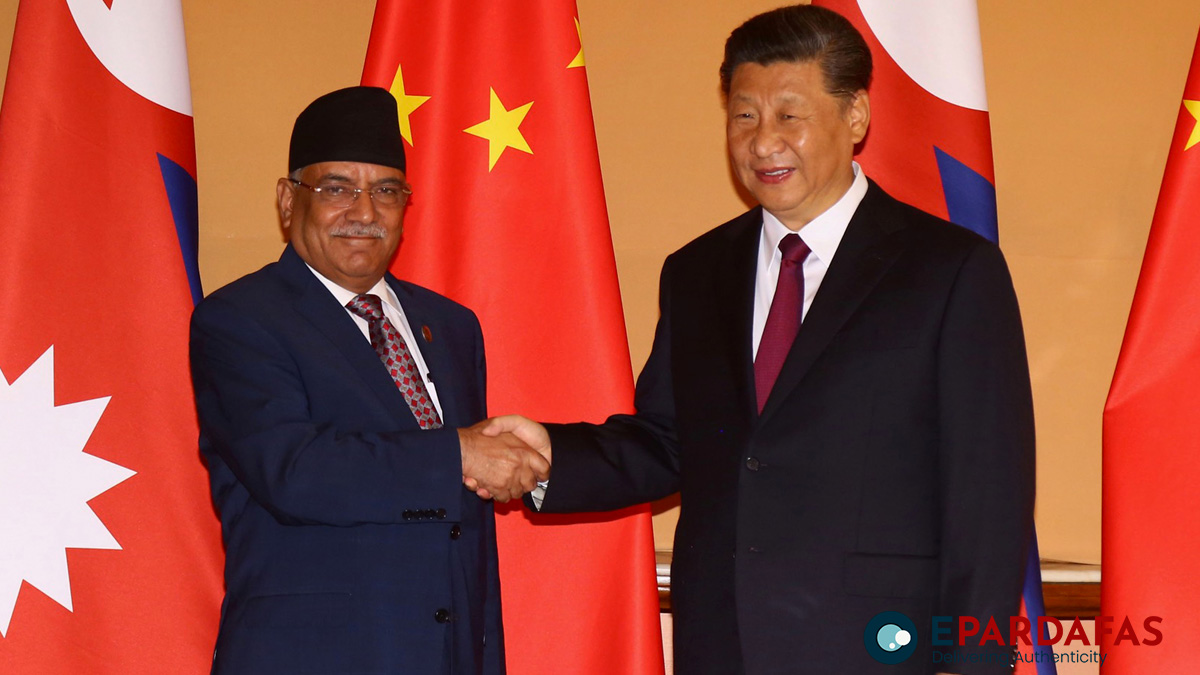


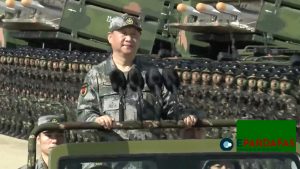
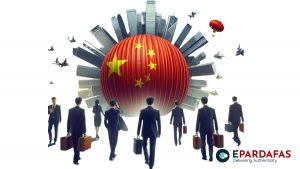





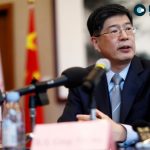
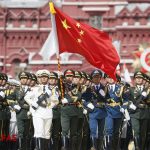

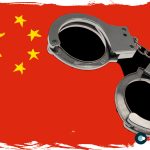

Comments